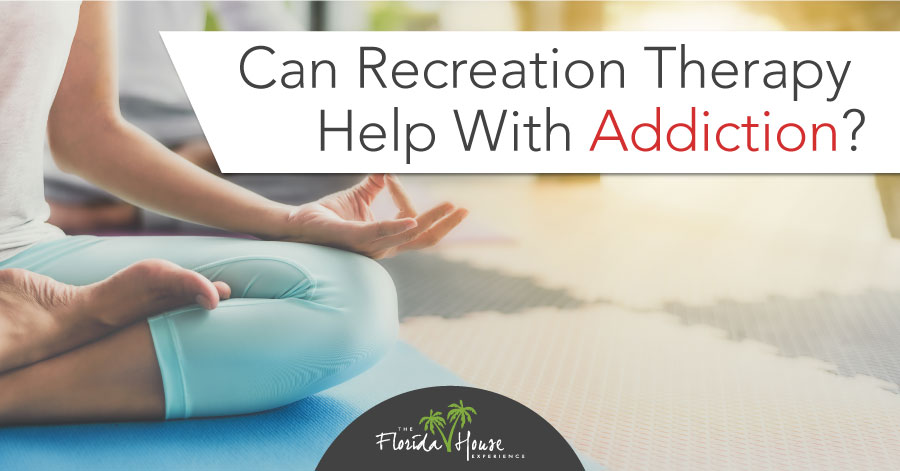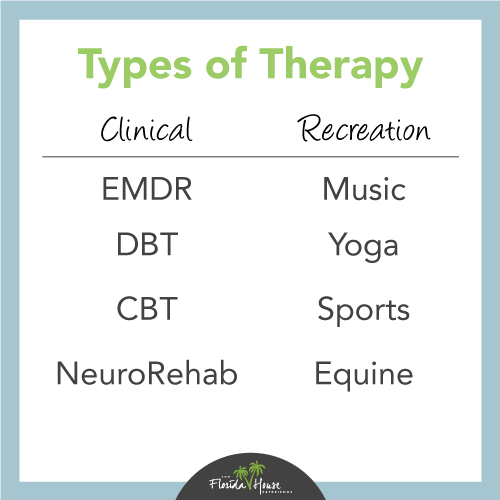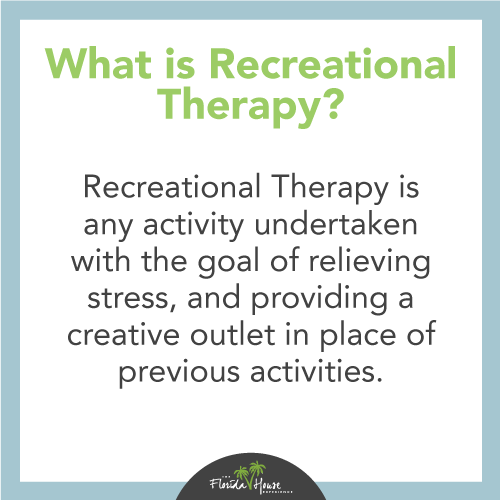
Does Therapy Help?
Addiction affects every person differently. It may take years of use to become addicted to a substance, or the user may fall in love with a substance on the first use. This also applies to therapy used once in recovery from the addiction. There are many types, and it may take a couple tries to find the right fit before the techniques of one actually stick.
There are many different forms of therapies available, and two of the main types fall under the clinical and recreation therapy treatment plan categories. Finding the right one for a recovering addict is crucial to understanding what will ultimately bring them lifelong sobriety as the end result. This is why FHE Health offers a wide range of options for our clients. Each patient needs a personalized treatment approach for their treatment goals.
Need Help?
Treatment can begin quickly and discreetly, get started now
What Is Typical Clinical Therapy For Addiction?
 Clinical therapists specialize in a better understanding of mental and emotional problems that their patients are going through, and how to help them cope with them in everyday life. For individuals with addiction disorders, this would mean finding out what behavioral techniques and activities can help with the process of becoming independent of the substance they’re using.
Clinical therapists specialize in a better understanding of mental and emotional problems that their patients are going through, and how to help them cope with them in everyday life. For individuals with addiction disorders, this would mean finding out what behavioral techniques and activities can help with the process of becoming independent of the substance they’re using.
A wide array of clinical therapies has been developed over the years. A very typical clinical therapy used in about 74% of therapy centers is something called a 12-step program. These programs are where patients follow 12 steps of guidance towards sobriety and are encouraged to surrender to a higher power of some sort by the end of the treatment.
Some other more prominent ones include that of individual therapies, where the therapy sessions are between only the therapist and their client. Family therapy sessions include any family members or significant others that have a great significance in the recovering addict’s life. Group therapy is the type the 12-step programs fall into that surround the recovering addict with those going through similar situations, so they are all able to bond and grow together through their mutual hardships and experiences.
Available Clinical Therapy Techniques
Types of techniques used in clinical therapy settings include:
- Neurorehabilitation: This neurorehabilitation program is centered around an 5-tier treatment designed to test and evaluate a patient’s brain activity in order to determine how to best understand how their addiction is affecting them. During this process, specialists use brain imaging, biometrics and blood testing in order to come up with the best explanation.
- DBT: Otherwise known as Dialect Behavior Therapy, this cognitive-behavioral therapy is used in individual and group therapy sessions. It gives patients a higher tolerance for physically and mentally uncomfortable situations that they may face while going through the recovery process and improves interpersonal skills to use in the real world once therapy is completed.
- CBT: Cognitive Behavioral Therapy focuses on avoiding and coping with destructive thinking patterns while a recovering addict is going through recovery. This technique helps patients face their inner demons head on in hopes that they will start to see their life and themselves in a more positive light.
- EDMR: Eye Movement Desensitization and Reprocessing (EMDR) is used for treating the trauma aspect of addiction that many patients face. It is also an 8-phase treatment that pinpoints the time or traumatic event that greatly affects the recovering addicts draw to addiction.
What Are the Benefits of Clinical Therapy?
One of the benefits of clinical therapy is giving the individual going through recovery a better understanding of how important it is to develop a healthier mindset than the one they have been in. While going through addiction, the person affected ultimately gives up control of their thoughts, feelings and pretty much every other aspect of their life because of the grip the substance has on them. Clinical therapy shows them there are other ways to view their current situations or past situations in a more positive way and to help them overcome them.
A benefit of a group setting clinical therapies is allowing the recovering addict to find a healthy support system. This can be through their family members, friends or individuals also going through addiction recovery. The main focus in this type of therapy is to vocalize all thoughts and feelings related to the recovery process, and this helps the person going through it find better ways to deal with their inner struggles.
What is Recreational Therapy?
 Typically when people think of addiction therapy, they think of white-walled buildings and long days of detoxification treatments. There is another side to rehabilitation, though.
Typically when people think of addiction therapy, they think of white-walled buildings and long days of detoxification treatments. There is another side to rehabilitation, though.
Recreational therapy is a way for recovering addicts to restore some sort of normalcy to their daily lives after the completion of rehab. This can include anything from the redevelopment of the motor and social skills, increased independence and recovery of mental and physical health. These skills are taught through recreational art activities and planned team-building trips called adventure therapies.
Recreational therapy gives those suffering from an addiction disorder a more productive way to occupy their time. Leisure activities like painting, sculpting, computer design, and videography are some of the creative outlets introduced to recovering addicts for individual therapy. Team-building exercises like ropes courses, camping, and hiking reintroduce or even teach for the first time basic life skills that are necessary for after the completion of therapy. Our Alumni Program at FHE Health embarks on social trips that embrace just this type of therapy.
What are the Benefits of Recreational Therapy?
Recreational therapy allows patients to find a healthy distraction. Instead of sitting in a facility talking and thinking about their substance abuse, they are immersed in a real-world experience that encourages them to open up their minds to other things the world has to offer. Showing them new hobbies or re-teaching them old skills will allow recovering addicts a new quality of life once released back into the “real” world.
Finding the Right Therapy for You
Both recreational and clinical therapy techniques can be extremely beneficial for recovering addicts to find their true self again while going through rehabilitation. Our staff at FHE Health is dedicated to performing necessary evaluations and tests to determine what type of therapy would work best for you in the long run. There are many options available when deciding what kind of therapy an individual needs.
How to Get Help for Addiction?
Do not hesitate to contact us today at (833) 596-3502 if you believe you or a loved one are in need of drug or alcohol rehabilitation services.
About Meghan
Meghan Blackford is a Social Media Consultant with over ten years of advertising and digital marketing experience, who helps curate... read more






